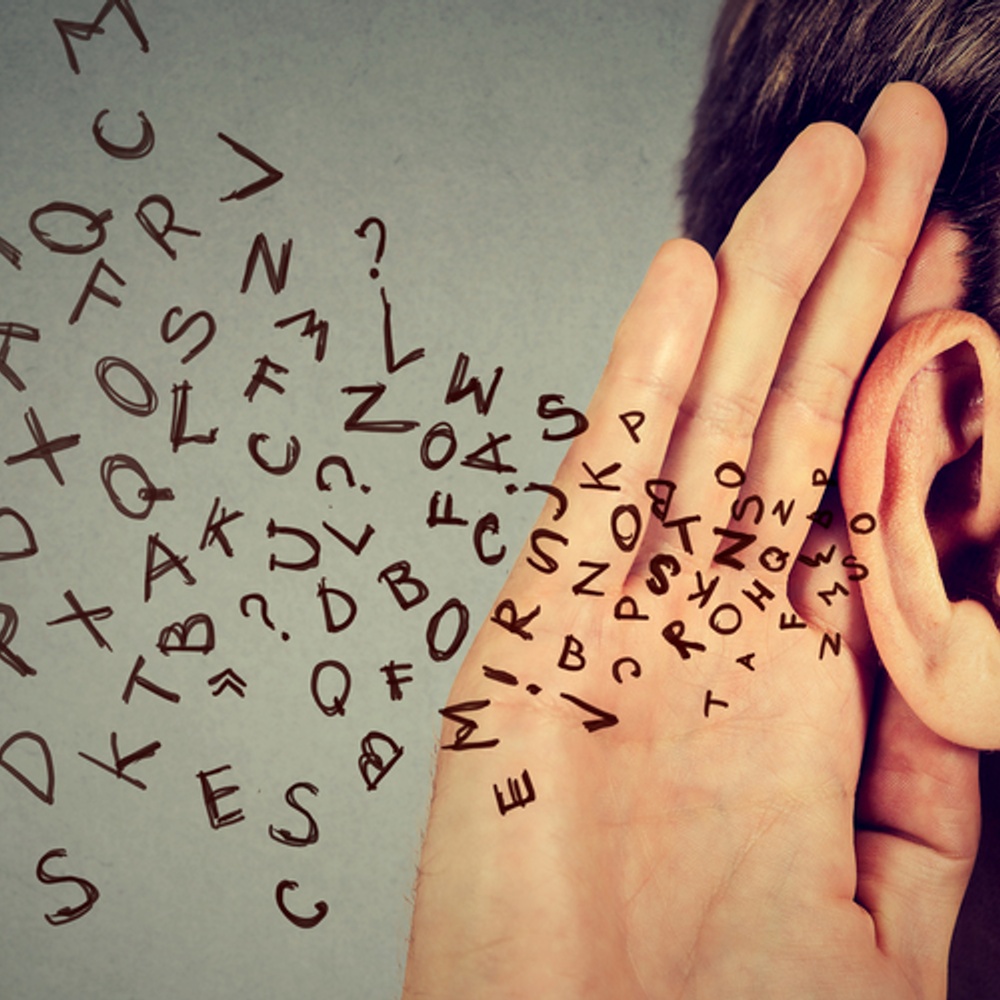Listen Up: 3 ways to improve your listening skills in the business world
So, you think you’re a good listener I hear?
See what I did there? Funny.
Listening skills – in my humble opinion, the most imperative skill to success in the corporate world. Think about the lines of work/professions out there to which they apply; the obvious ones like sales, marketing, customer service. Even the techy world, to a degree – I’m by no means an expert but, I think it’s safe to say that in order to build or develop the program your employer is after, you need to listen to their goals and requirements.
As a specialist sales recruiter, I’m constantly exploring my candidates’ listening capabilities, given that they’re paramount to my clients’ success. The sales profession aside, being a good listener will bring you success across many aspects of life; you’ll be able to build stronger relationships both personal and professional, learn faster and generally understand more. Listening: the universal skill.
But did you know that there are many different types of listening? Different ways in which we approach what we’re hearing. Such as…
Biased listening
Yes, there really is such a thing as hearing what you want to hear. When we’re ‘biased listening’, we’re solely picking out the pieces of information which confirm our own opinion, feeling, point of view. We purely hear the bits which confirm our own bias.
Appreciative listening
Probably the most widely-utilised type of listening – think music, or waking up to the sound of birds, or anything narrated by David Attenborough. Appreciative listening is, like it says on the tin, listening for the simple enjoyment of it; listening for pleasure.
Critical listening
Contrary to how it sounds, critical listening doesn’t necessarily pertain to something negative – it simply means thinking about what you’re listening to and cutting through the pieces you don’t need to get to the heart of the matter. Critical listening is what we’re doing when we understand something, and it’s this type of listening which is crucial for success in the business world.
There are so many circumstances in a day-to-day job where simply listening to and understanding a colleague, customer or otherwise makes a big difference. We humans are also somehow equipped with the innate ability to pick up on when a person is NOT listening – something those of us in relationships will have probably understand, having been called out by the significant other a few times…
Anyway, moving swiftly on. Here are my most important 3 ways to be a better listener:
Pay attention
And I mean full attention. To the best of your ability, remove any and all distractions. If it’s an important phone call, go somewhere quiet, where you won’t have to contend with outside noise or be bothered by anyone. If you’re having a meeting with a client or new customer, having your phone out on the table (yes, even face down) is definitely a distraction – some tiny part of your mind is still wondering if and when the phone will ring, and readying itself to respond or react when it does. Or, perhaps you’re a manager – if an employee comes to you with a question, concern or otherwise, making sure you pay rapt attention to their coming is a great way to build employee relations and engagement.
Oh, and it’s just polite, too.
Ask questions
How do you know when someone’s really understood what you’re saying? When they start asking intelligent questions about it.
Use questions to clarify points you want to ensure you ‘got’, or to garner more information on a certain part. Repeat things using your own words in order to qualify them as correct. Ask questions based on what they’re saying, rather than your own immediate response.
This can be applied to any and all business settings – a client meeting. Discussing a technical problem with your service provider. In a job interview. Questions show that you’ve really taken notice, formed an understanding and can now engage in a two-way discussion.
Let them finish
Pretty self-explanatory. Don’t interrupt someone when they’re speaking – for all you know, they could be about to explain whatever it is you’re going to comment on.
And again – manners, right?
My team specialise in sales recruitment; sales is a profession whose success could almost be said to hinge on listening skills so, as you can imagine, we spend a lot of time trying to identify this very skill at interview stage. When we meet each candidate, we use various techniques to gauge their listening ability – and the fact is, those who possess them have a higher success rate when it comes to job hunting.
How would you go about identifying listening skills, and do you consider them to be particularly useful in your own line of work?



